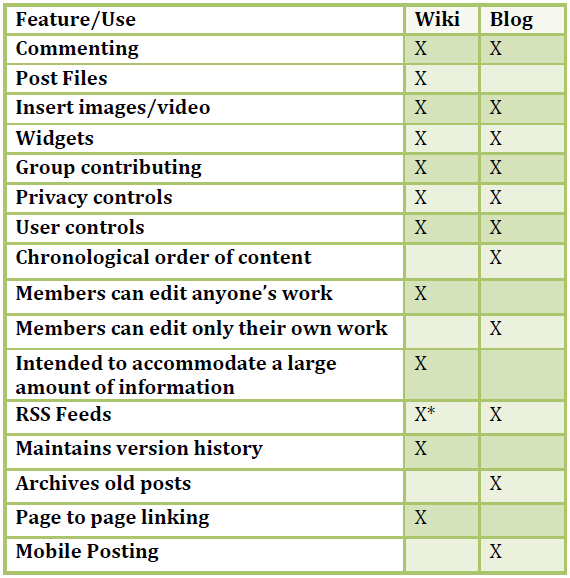Google offer a range of online services that not only function as self contained applications but also easily integrate into websites. Popular applications include;
As an example, I have included a Google Reader RSS feed in the menu of this blog. This paradigm shift away from “one man band” type solutions toward a highly modular inter-connectivity of online services (often refered to as the “cloud”) is becoming increasingly widespread. In addition to Google’s suite of applications, services such as the Ecwid shopping cart, Delicious.com bookmark manager, Flickr.com photo gallery and Polldaddy.com, among many others, also contribute to the host of cloud services available. As examples, I have included Delicious shared bookmarks, a Poll Daddy poll and a small Flickr excerpt in this blog)
This paradigm extends into the learning environment space, a notion captured by Ted’s comment that:
In terms of an educational experience, Personal Learning Environments (PLEs) refer to the aggregation of set of online tools which enable learners both greater control over their own learning experience and a conection to an online network of resources and other contributors. Instead of centralized, instructor-controlled learning, PLEs are distributed, learner-controlled, network oriented and often have social connections that the individual chooses.
For this reason, any definition of a PLE is a nebulous one – although it can be agreed that PLE’s should in one fashion or another support learning ideas / systems.








